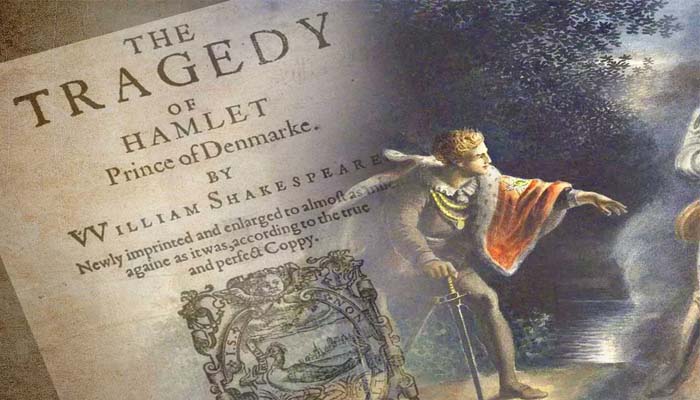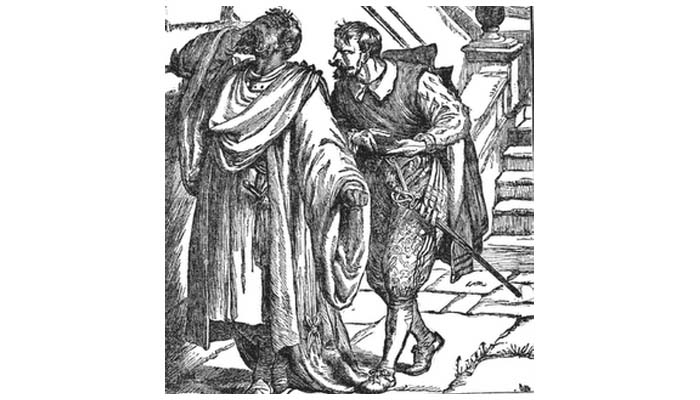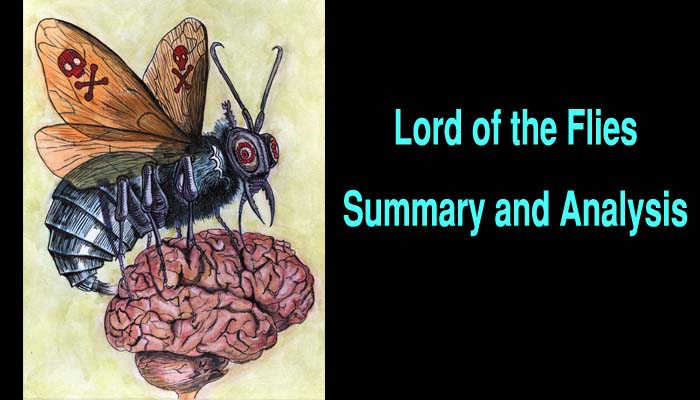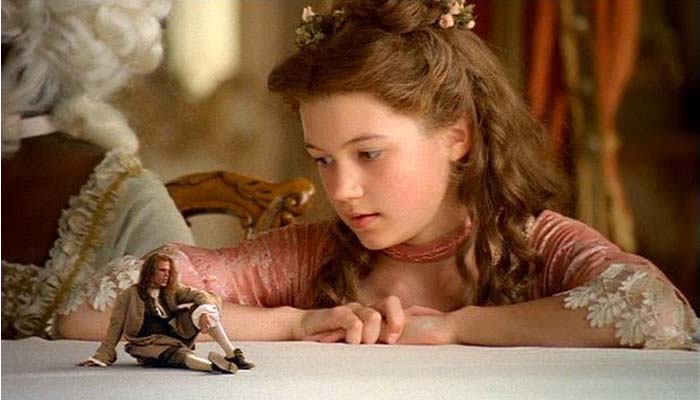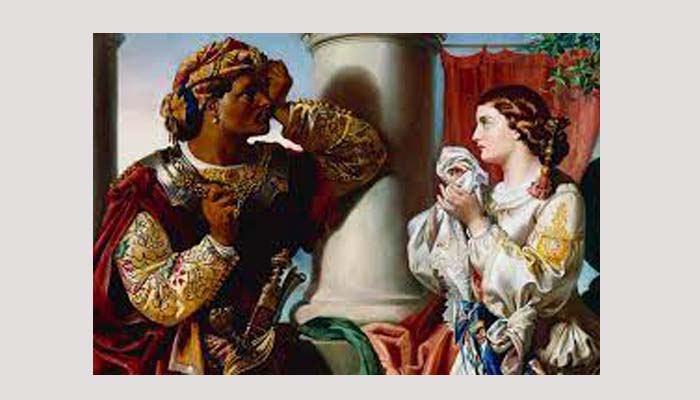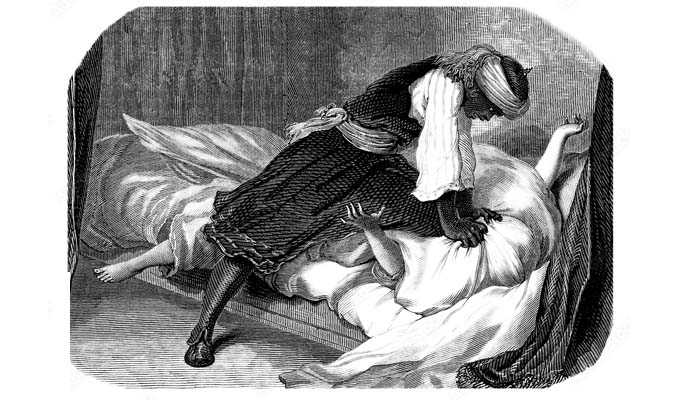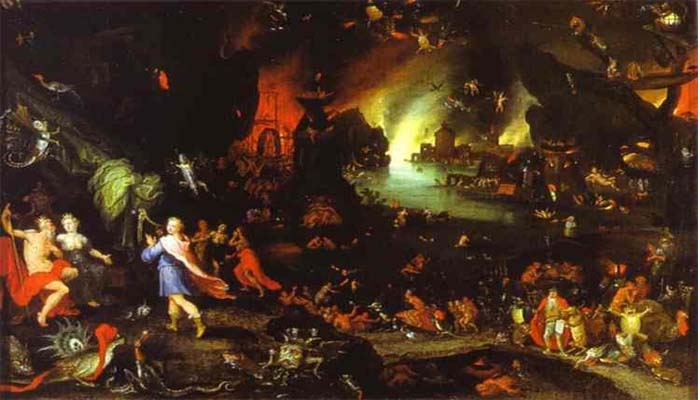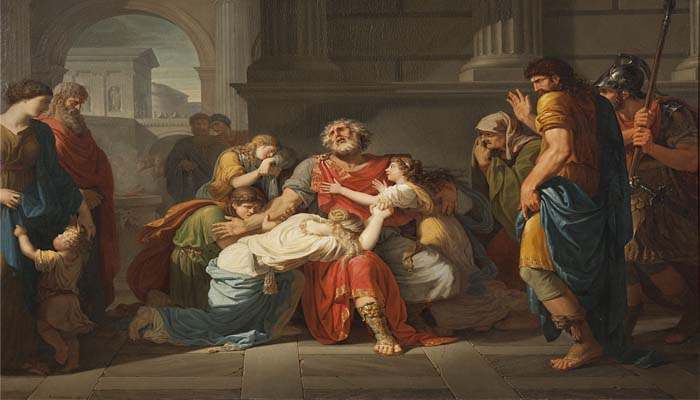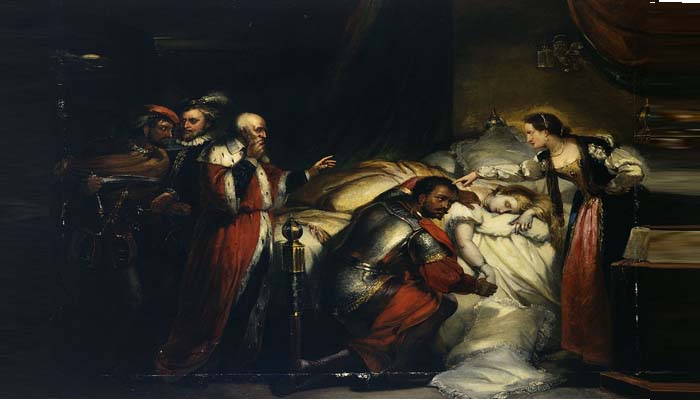
Othello Summary and Themes. Manipulation of the situation by Iago, not fate hastens the tragedy in Othello.
Background Acknowledgement
“The summsumm, Moore of Venice”, commonly known as “Othello”, is a play by William Shakespeare. English playwright, poet, and actor, widely regarded as the greatest writer in English language is William Shakespeare.
He was baptized on 26 April 1564, and He died on 23 April 1616 at the age of 52 in England. Othello is a Famous tragedy by William Shakespeare, probably written in 1603 and the date of the first performance of the drama goes to 1604. It was first published in book form in 1622, six years after Shakespeare’s death.
It was reprinted in a slightly different format in First Folio, the first collection of Shakespeare’s complete works. The play has been described as a tragedy of character. The plot of Othello’s drama is one of Shakespeare’s most intense, strongly constructed tragedies, with no subplots, and no humor to escape the tension.
Othello Summary and Themes
“Othello” is a tragedy one of Shakespeare’s major plays about the fate that can be controlled by the manipulation of faith of some evil-minded, corrupt human nature. It is a drama about the blindness of those who are deceived by appearance and unable to clearly explain the reality around them.
Although tragic heroes have been brought down by a somewhat lack of character, fate often plays a role in the fall, especially in Greek tragedies. Tragic heroes usually try to outdo fate, the character’s fault being that he becomes arrogant thinking that the end is not possible. But the fate can be manipulated by the control of the situation. if human try to destroy pure sole by using the tragic outcome of the situation they can control or manipulate human fate.
Iago is an expert in deception and he uses this skill to take advantage of the weaknesses and insecurities of other characters in the drama. Othello trusts Iago, and this weakness of him has been exploited by Iago. Iago uses it to destroy Othello life cause of jealousy.
Othello seems to be the main reason for making Casio a co-commander that makes Iago angry. Then Iago has heard about a rumor about Othello’s secret relationship with his wife Emilia that makes him feel despair. Cassio’s innate beauty bothers him. All in all, he is the ultimate symbol of jealousy. In order to save his self-interest, he disrupts the arranged life with lies and deceit. Othello’s heart is poisoned about Desdemona by Iago.
Othello Summary and Themes
Iago manipulates Othello and the other characters in the drama by preparing and triggering their personal suspicions and insecurities. He manipulated and hinted a lie to Othello that his wife, Desdemona, had a relationship with Cassio, however, the important thing was that he hesitated to influence him so that Othello was more inclined to believe him. Iago also takes people into situations where Iago presents them to confirm what the other characters have to say.
Othello does this, he lets himself be convinced that the beloved, innocent woman betrays him and goes mad with violence, which throws him into despair, comes to kill her. This murderous insanity is based on Shakespeare’s drama, the worst feeling of humanity. In this case by Iago’s jealousy, which results in all the other evils. Iago’s jealousy then led to Othello’s covert conspiracy the mind flows and does not come out of it until it realizes a serious error, which can no longer be remedied. Desdemona died at the hands of her beloved, who did not believe in her and who really sentenced her to death, driven by the elements to support this evil plan. Iago wants to get what he wants at any price, and its desire for power is felt by a cursed situation.
Iago is an interesting villain among Shakespeare’s villains. Othello’s life is a victim of deceit and revenge. Othello’s last act is when Iago does something to get his hands dirty. Even then, Iago is only personally involved because his plan against Othello goes a bit bad and he has to take steps to clear things up by injuring Cassio and killing Roderigo. He killed his own wife, Emelia, to reveal plans to destroy Othello and Desdemona, but this happened after his plan had already succeeded. Until then, Iago is content to manipulate others into doing his evil work.
Othello at the end of the drama, when his decision to take revenge proved destructive to innocence. Fate is virtually an emphasis. It seems that Othello had a sudden realization of a human’s inability to shape his destiny. This means that so far Othello has felt that he has some control over his own fate, But the manipulation of the situation by Iago ends his life in tragedy.
Othello Summary and Themes
Shakespeare in his great work has thoroughly analyzed the ugliest characteristic of humans. He perfectly articulates Othello’s concept as a tragic hero. Here Othello is a hero who initially gains the favor of fate, but gradually becomes involved in unjust unethical work. As a result of his decisions, fate gradually began to go against him. It is not possible to support him until he is losing everything. Using the concept of jealousy to make the concept of a tragic hero clear is one of the many notable themes of this drama.
Though Iago is largely responsible for causing tragic events in the lives of Othello, he has proven himself to be a great manipulator. Iago as a villain has almost supernatural skills to manage the other characters in the drama and their fate.
The title of the play “The Tragedy of Othello, Moore of Venice”, commonly known as “Othello” says that this tragedy belongs to Othello. But Iago also plays an important role in this story. The character of the ideal villain is revealed in his character. He is also involved in a large part of the dialogue of the play. In the play Othello, Iago runs many other characters at will, controlling their actions and trapping them in a complex web of multiple lies. When other characters think of him as an “honest” Iago, he establishes friendship and closeness. With them and takes advantage of their weakness to enable him to fulfill his purpose.
by Md. Rabby Sharif Ador
Also Read: Old Man and the Sea Summary





